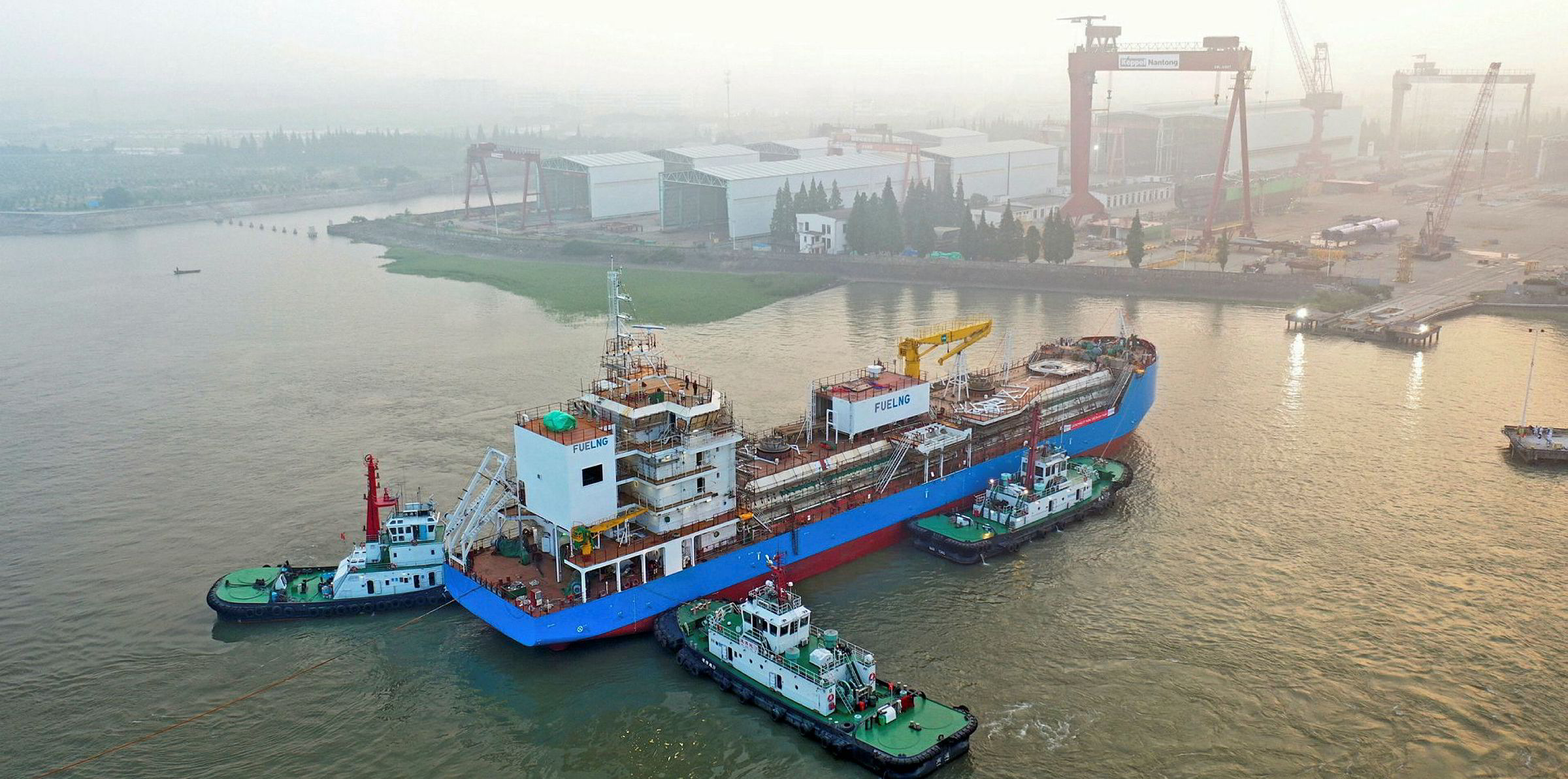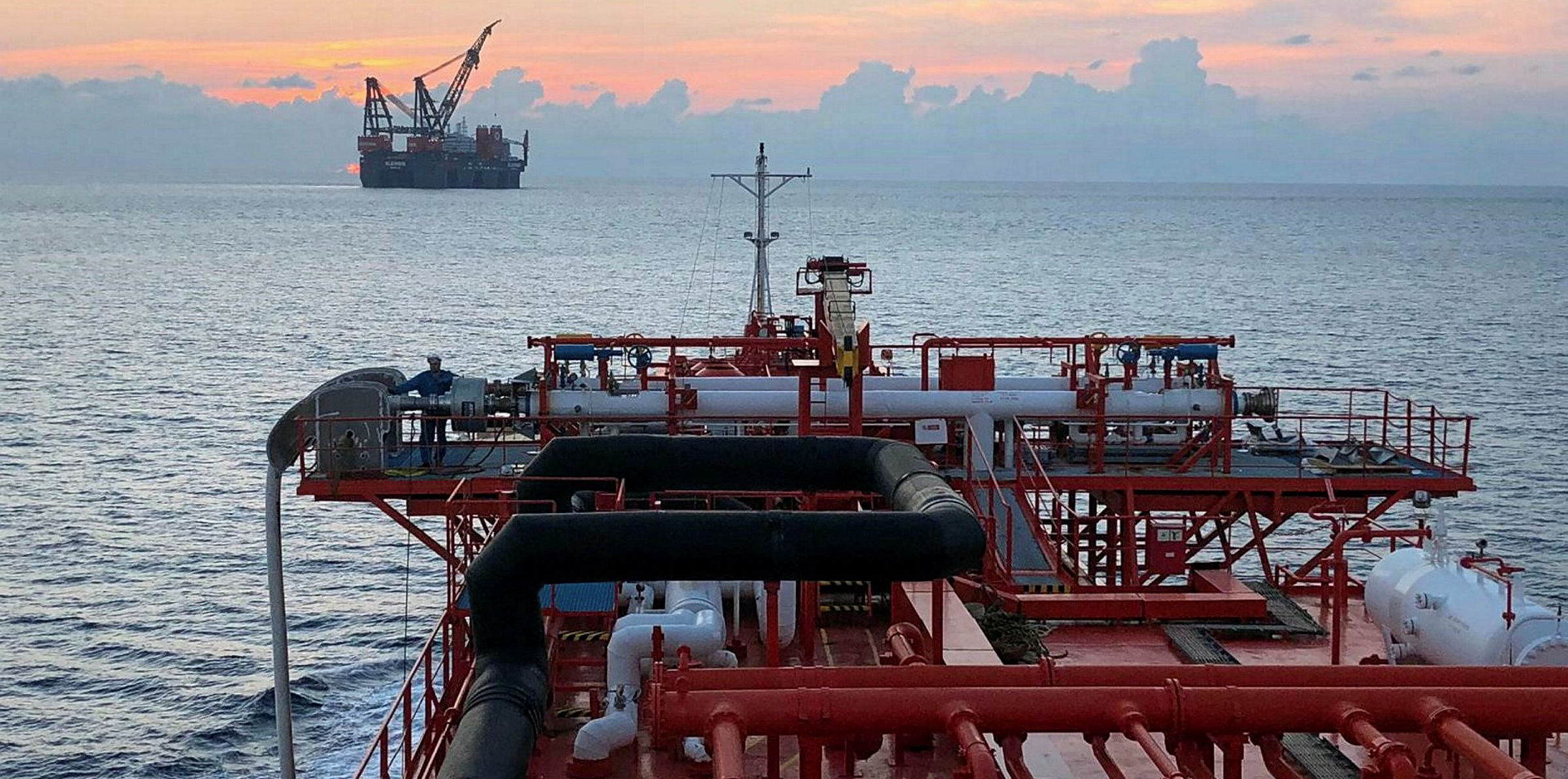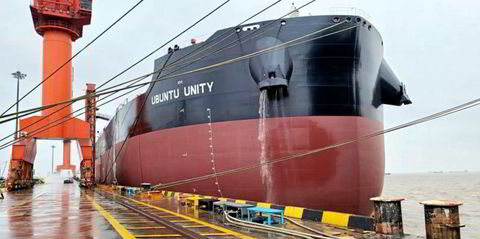Singapore’s annual LNG bunkering capacity is expected to hit 1m tonnes by 2021, a senior minister of state has forecast.
The push is part of the International Maritime Organisation's (IMO) aim to halve the sector’s greenhouse gas emissions by 2050 from 2008 levels.
“This will translate to about 300 ship-to-ship LNG bunkering operations per annum to large-LNG-fuelled vessels,” said Chee Hong Tat, Singapore’s senior minister of state for the Ministry of Transport.
He said ship-to-ship LNG bunkering will be ready by the first quarter of 2021 with the Maritime and Port Authority (MPA) having already issued two LNG bunker supplier licences.
Chee said that Singapore has already performed more than 270 truck-to-ship LNG bunkering operations.
“As the maritime community continues the search for low or zero-carbon fuels to meet IMO’s 2050 goals, LNG is a viable transitional fuel to mitigate CO2 emissions from ships,” said Chee.
“A number of first movers have made investments in LNG-fuelled vessels, including CMA CGM, Hapag Lloyd, Eastern Pacific Shipping and BHP.”
Additional LNG bunker supplier licences
Chee was speaking at the opening of the 21st Singapore International Bunkering Conference and Exhibition which is being held virtually this year due to the Covid-19 pandemic.
He also announced that the MPA would be launching a request for proposal in the coming weeks to issue additional LNG bunker supplier licences.
Singapore, the world's largest bunkering hub, has seen bunker the sales volume for the year-to-date jump 5.3% compared to 2019 to 32.9m tonnes.
Last week Singapore saw its first LNG bunker vessel officially named the FueLNG Bellina in a virtual ceremony attended by Chee held in Singapore and China.
The 7,500-cbm newbuilding FueLNG Bellina, which is being constructed at Keppel Nantong Shipyard in China, is due to start operations by the end of this year.
The vessel is owned by FueLNG, a joint venture between Keppel Offshore & Marine Ltd (Keppel O&M) and Shell Eastern Petroleum.
The vessel’s first contracts will be to provide ship-to-ship LNG bunkering to the Shell-chartered tankers and for one of Hapag Lloyd’s container vessels, Keppel said.






